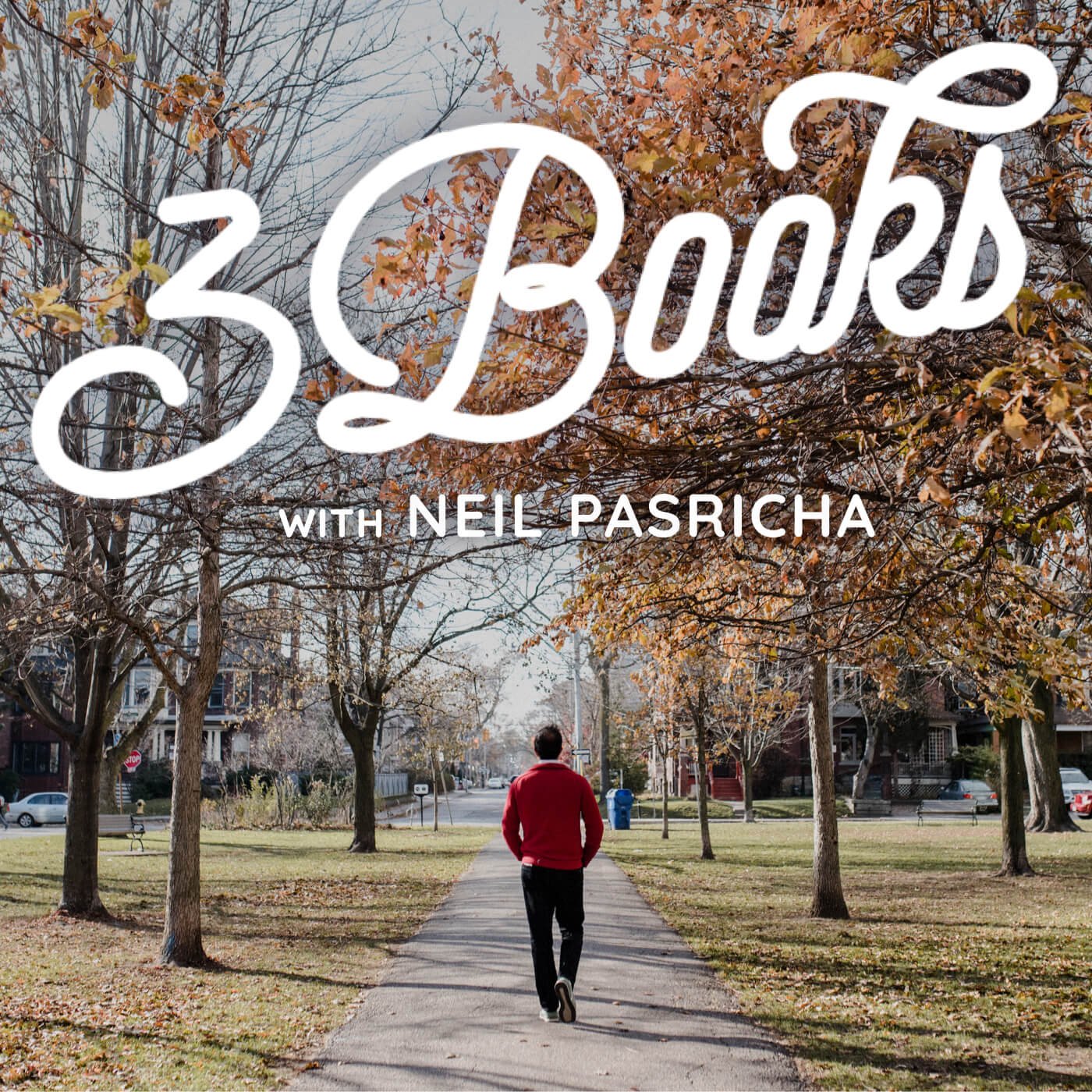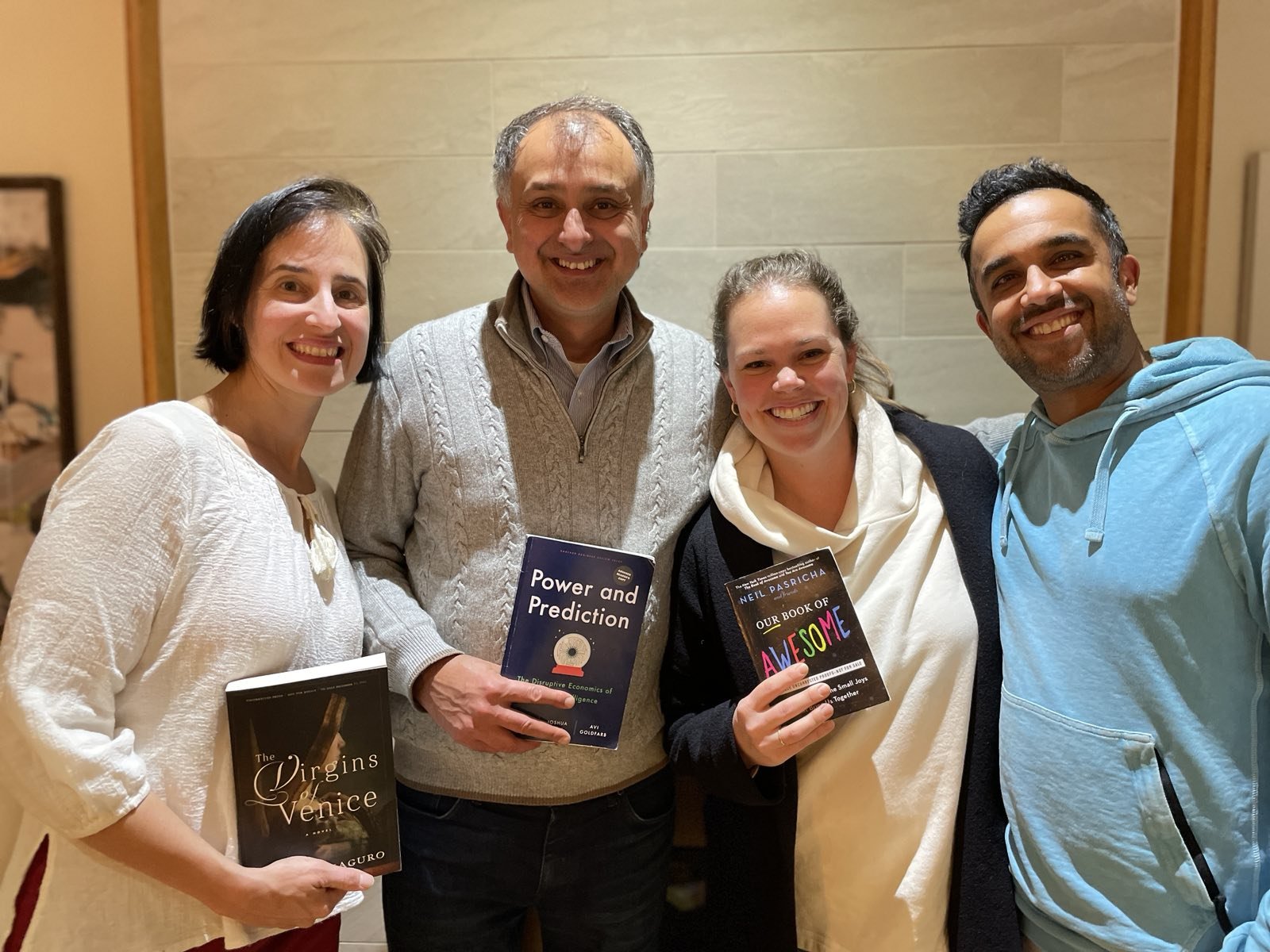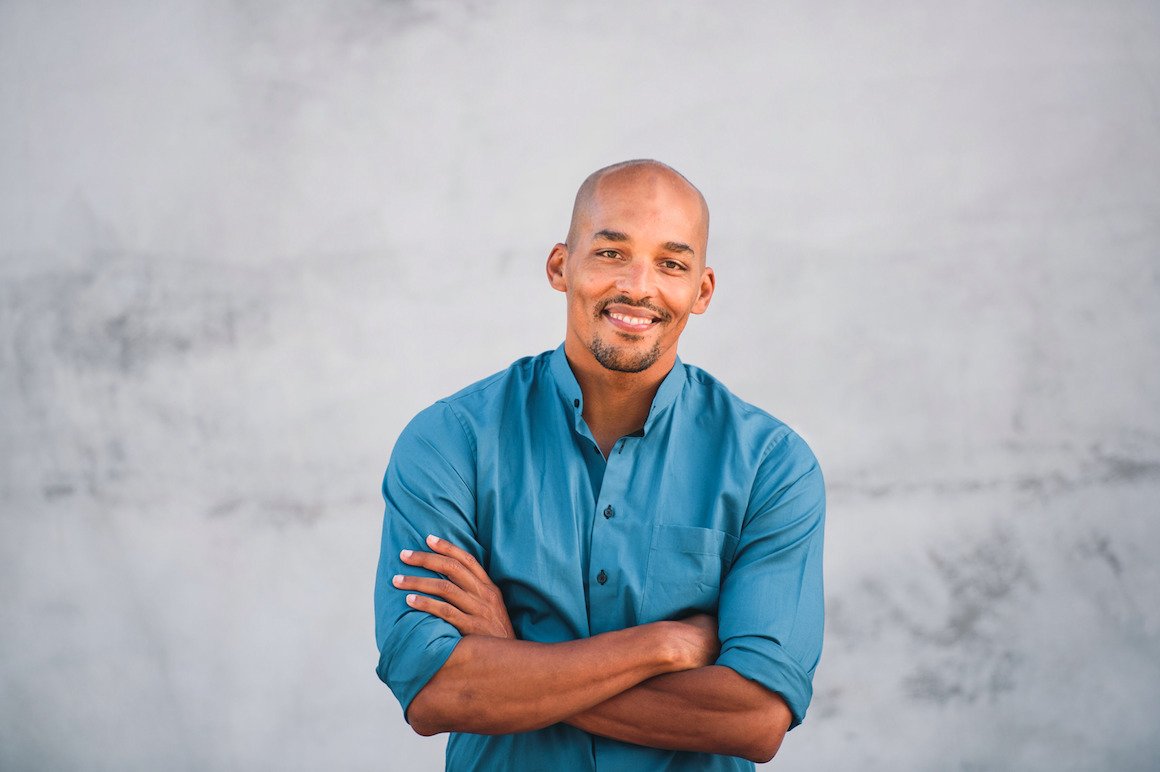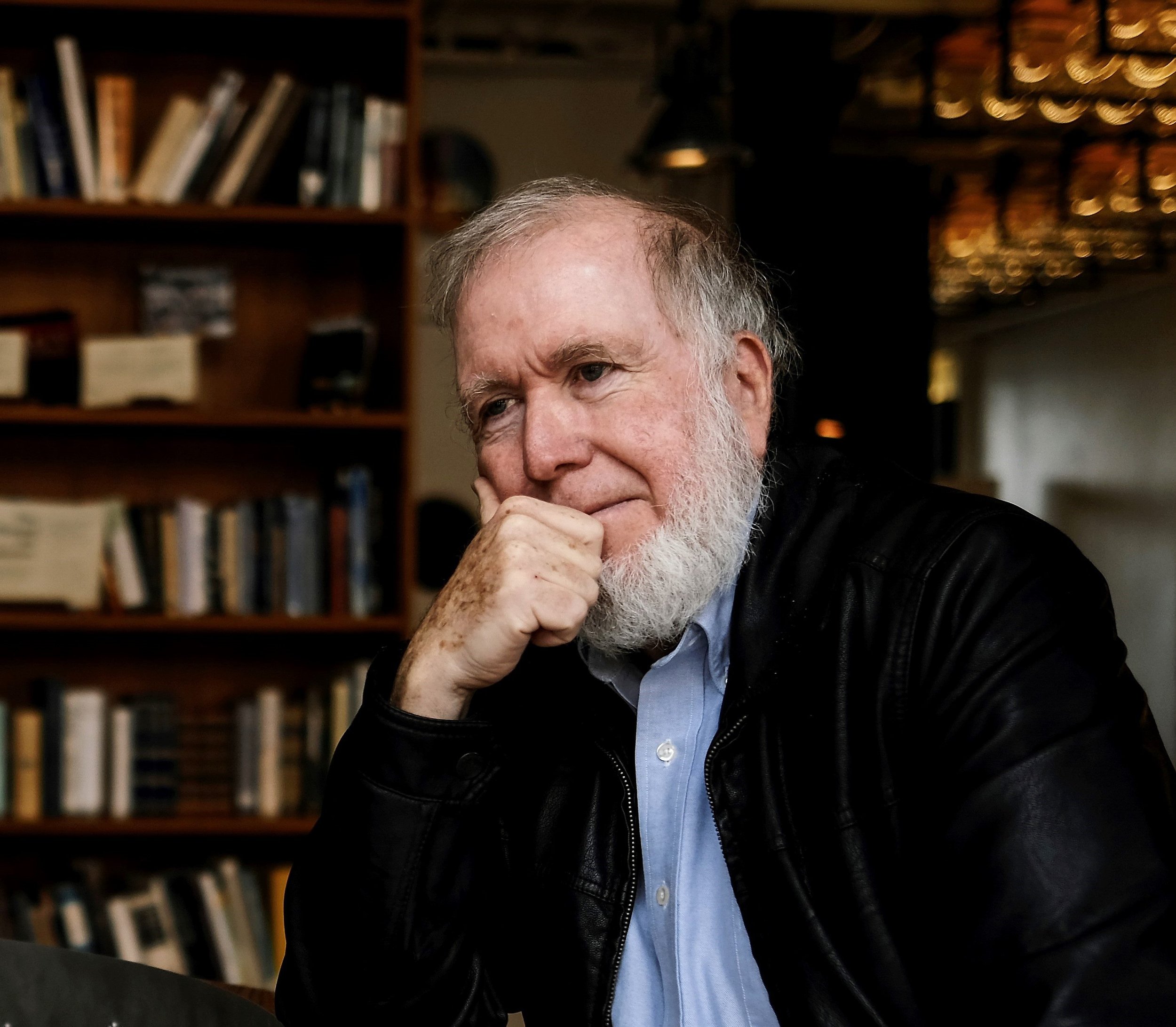Can you believe it?
We started 3 Books back on March 31, 2018 with the goal of counting down the 1000 most formative books in the world. We said we would hang out on the exact minute of every single new moon and every single full moon for nearly 15 straight years until we collected all 1000 of them. We set the intention of making this show an ‘intrinsically-motivated journey’ and pledged to doing it with no ads, no sponsors, no commercials, and no interruptions. To help guide ourselves we started collecting Values like no book shame, no book guilt, quit more to read more, and the books are the hero.
For the nearly five years we’ve been hanging out I have to say this journey has felt like a warm ray of sun in my life. I hope it’s felt the same for you. My goal with this annual “Best Of” is simply to roll back through the year together and pick out moments that made us pause, ponder, and savor.
Thank you for being a 3 Booker and spending time with this incredible community of book lovers spread across the world. If you’re reading this, I love you more than lots.
Let’s stop to reflect and then keep enjoying the ride.
The Best of 2022: Neil Pasricha winds and wades through wandering wisdoms
Resources Mentioned:
Chapter 95 with Bess Kalb (15:54)
Chapter 96 with Dave the CEO (28:42)
Chapter 97 with Debbie Millman (42:25)
Chapter 98 with IN-Q (54:15)
Chapter 99 with Doug the Bookseller (1:06:58)
Chapter 100 with Leslie and Neil (1:19:50)
Chapter 101 with Daniels (1:21:52)
Chapter 102 with Susan Cain (1:40:15)
Chapter 103 with Jonathan Haidt (1:51:17)
Chapter 104 with Boniface Mwangi (2:03:07)
Chapter 105 with Nancy the Librarian (2:15:41)
Chapter 106 with Alok Vaid Menon (2:26:40)
Chapter 107 with Latanya and Jerry the Booksellers (2:37:12)
Chapter 108 with Mohsin Hamid (2:45:55)
Chapter 110 with Kevin Kelly (3:07:43)
Chapter 111 with Austin Kleon (3:16:00)
Chapter 112 with Katie Mack (3:27:08)
Chapter 113 with Alie Ward (3:34:24)
Chapter 114 with Light Watkins (3:46:37)
Chapter 115 with Dr. Gabor Maté (3:59:47)
Chapter 116 with Bryan Stevenson (4:07:51)
Chapter 118 with Catherine Hernandez (4:35:36)
Please explore the show further at www.3books.co, read our values, see our show notes, and catch up on our growing list of The Top 1000 most formative books in the world.






























